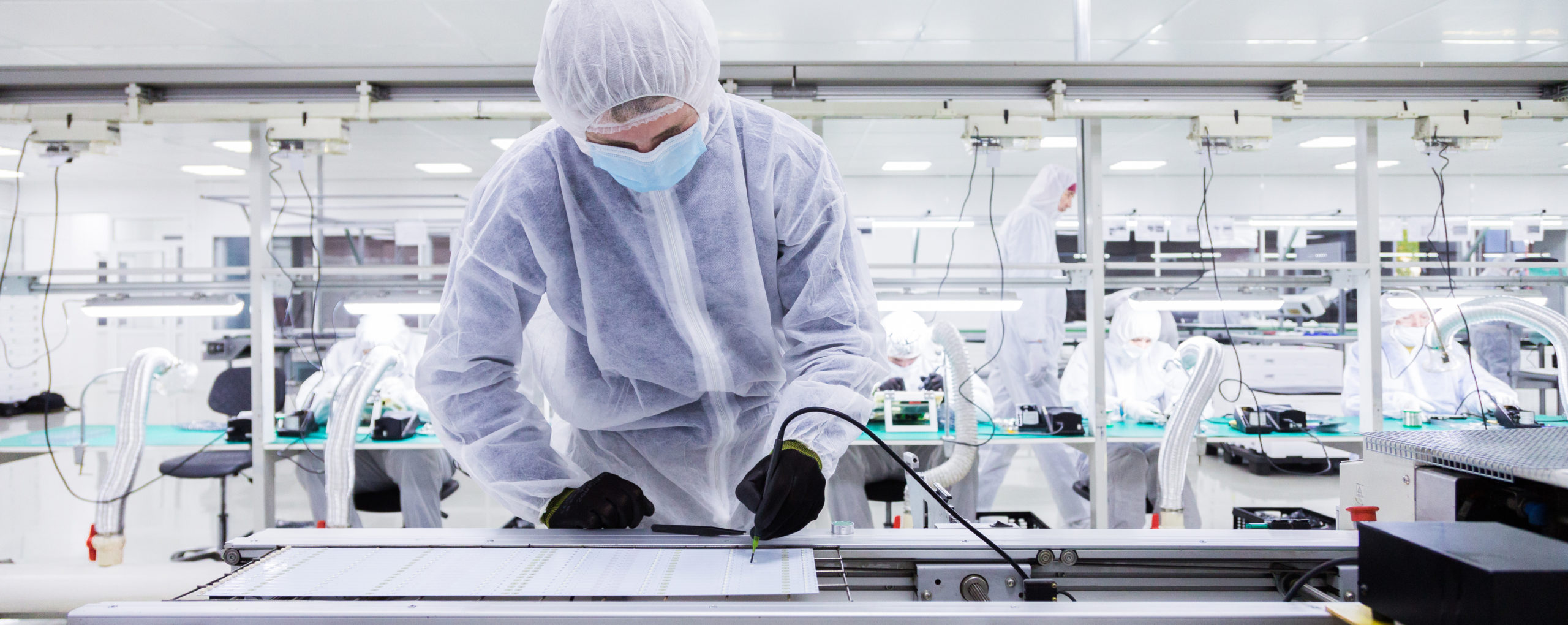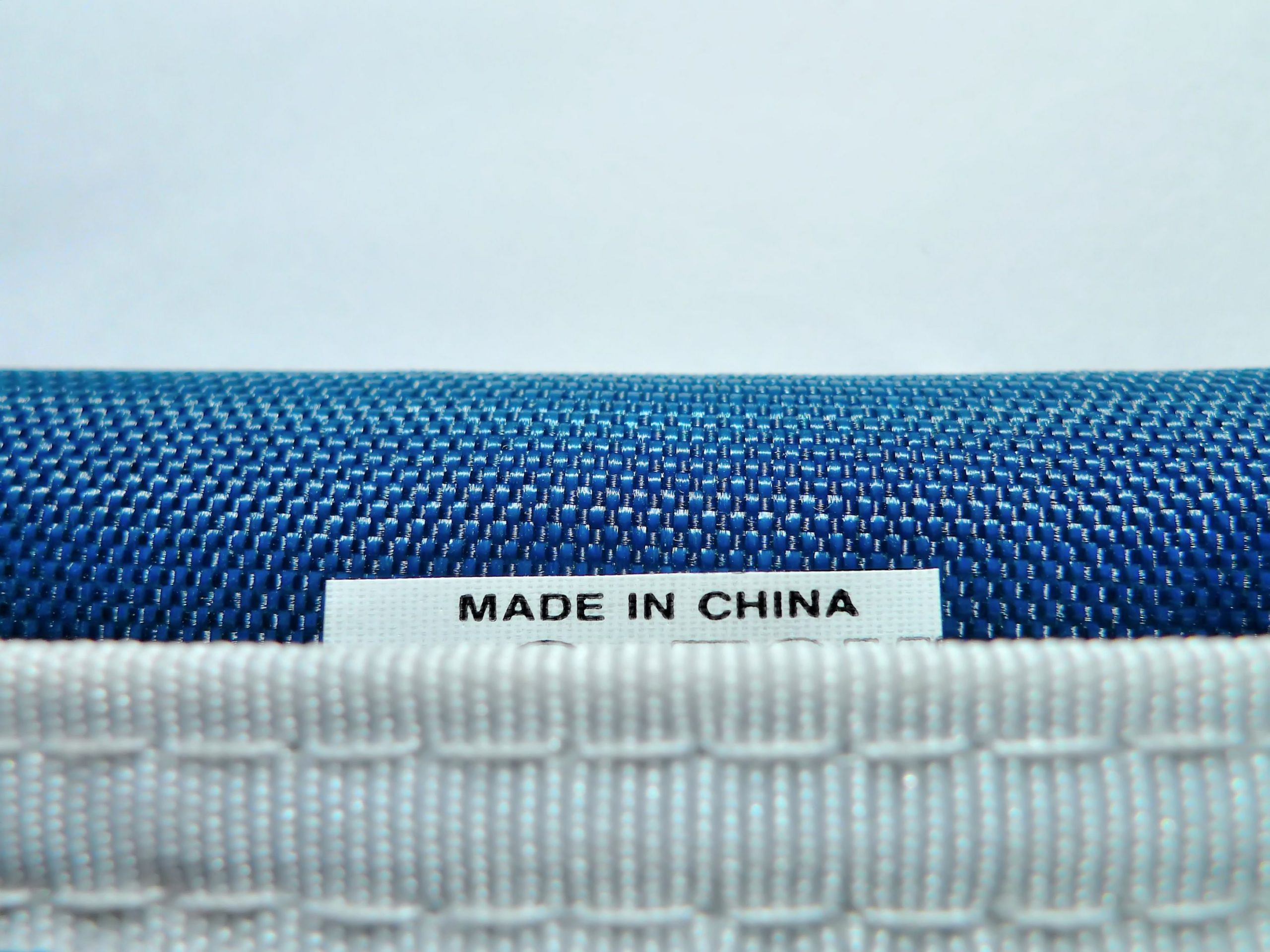

RECOMMENDED READING
As President-elect Joe Biden has been announcing members of his new team, he has been equally prone to pass on the message to the rest of the world that “America is back”. While some degree of international re-engagement is a good thing, let us hope that the new administration understands that simply reconstructing the old normal is no solution, especially if it means re-establishing a “downsize and distribute” economic model that has largely eviscerated American manufacturing and the high quality jobs that went with it. Simply “getting tough on China” absent the embrace of a broader role for the state in national industrial strategy is incoherent.
To be clear, nobody should be blaming the recipient countries, such as China, for actively soliciting American investment to promote their own economic growth. More blameworthy are the incentives that have been embedded in American-style shareholder capitalism, with its incessant focus on maximizing stock value, as a driving metric for executive compensation, as opposed to the underlying performance of the company itself. That in turn incentivized the outsourcing of manufacturing capabilities in the interests of maximizing short term profits and generating rising share prices, the kind of model that has never been embraced in East Asian countries such as Japan, South Korea, or China itself.
Spurred by the prospect of stock gains, American executives have for decades increasingly channeled their focus toward quarterly Wall Street-mandated targets at the expense of long-term research and development. A deregulated labor market allowed for “costless” hiring or firing (“costless” only from the perspective of management, obviously, not labor) and thereby reinforced this short-termism and further degraded long-term corporate performance. American executives, cheered on by their supporters on Wall Street, have abused the “benefits” of a largely deregulated labor market to sack workers with impunity, thereby generating the “free” cash flow that can be used instead for share repurchases, even as the company loses valuable labor expertise, the loss of which generates future production bottlenecks.
In the “downsize and distribute” regime of American shareholder capitalism long tolerated by successive U.S. administrations (both Republican and Democratic), then, the labor force is downsized, certain operations are discontinued, and the cash retrieved from these processes is distributed rather than retaining and reinvesting in developing the productive capabilities. American executives have proven all too willing to disgorge cash annually on buybacks at the expense of identifying the investments in organization and technology that were needed to remain competitive in the industry in which they operated.
Consequently, many large American enterprises have become financialized, and their balance sheets severely weakened. In the meantime, the joint-ventures formed in China (which often entailed sharing important intellectual property rights with their Chinese partners), coupled with Beijing’s significant state support to its own domestic competitors, ultimately placed American companies at a severe competitive disadvantage vis a vis China.
In their haste to disparage Trump’s “America First” policies (including considerations that go well beyond issues of national defense), many critics of the current regime appear to oblivious to the risks of a return to the status quo ante. But a revival of that old normal will simply accelerate the relative strength of Asian competitors in industries once dominated by U.S. multinationals. Blithely splashing American investment all over the world—just as the Marshall Plan did – is not a ticket back to national prosperity; re-establishing viable manufacturing platforms back on home shores is. Unfortunately, large components of the Democratic Party’s donor base – notably Wall Street and Silicon Valley – remain adamantly opposed to any movement to re-shore American manufacturing. For them, the status quo works just fine.
In the aftermath of World War II, America was the dominant economic power by far, buttressed by large manufacturing enterprises that provided the backbone of U.S. military power and technological dominance on the global stage. Reconstructing the devastated economies of Europe and Asia via programs such as the Marshall Plan provided those U.S. companies with a ready-made source of new demand for their products, as well as entrenching the global dominance of the U.S. dollar.
That world no longer exists. Indeed, in the aftermath of the Covid-19 crisis, Dan Breznitz and David Adler rightly observe that “the inability of the United States to produce even the simplest of medical goods, illustrated the feebleness of American manufacturing. It also illustrated the fragility of American society. Both are long-term trends, and likely connected.”
Specifically, the pandemic has exposed the vulnerabilities of what we might call the “Apple” model, whereby virtually all manufacturing has been outsourced to China, but the high-end intellectual property work is retained onshore. The quantum leap made by China in manufacturing has certainly augmented their relative economic position but done little for the U.S. That’s not surprising: after all, it’s far easier to steal IP than to steal a large manufacturing plant.
More fundamentally, the Biden Administration needs to reconsider the old neoliberal paradigm in which the state simply abdicates any role in national industrial policy, and merely serves as a neutral umpire, backstopping the system in the event of market failure, whilst ensuring the provision of rent-free, efficient markets. That’s a misguided model. In the future, any backstops/bailouts should be accompanied by provisions to ensure a degree of domestic reshoring. American fiscal policy should not be a global public works program that simply underwrites employment and growth for the rest of the world, while ignoring needed investment and job growth at home.
Indeed, the recent successes that have put us on the threshold of finding a medical solution to Covid-19 highlight the positive role that can be played by the state. Government-funded support via the National Institutes of Health, the Biomedical Advanced Research and Development Authority and, equally significant, “Operation Warp Speed,” the public-private program initiated by the Trump administration, have all significantly accelerated the development, manufacture, and distribution of COVID-19 vaccines and pointed the way toward a more robust national development policy on the part of the state. That role needs to be expanded in areas that go well beyond public healthcare considerations.
That does not simply mean reconstructing the old American economy of the 1950s and 60s (as Trump occasionally seemed to envisage with his nostaglic emphasis on protecting smokestack industries via 19th century style tariffs). It does mean revitalizing the role of industrial policy, to ensure that the American economy remains able to deliver growth in the world’s leading 21st century industries, such as biotechnology, artificial intelligence, and computing power. Most importantly, it means actually producing things in the United States to ensure the future prosperity of all Americans.
Recommended Reading
China and Civic Piety
The Chinese Communist Party’s efforts to eradicate the Uighur Muslim population in favor of the Han majority are horrifying. Programmatic abortions and sterilizations, slave labor, and “re-education” camps recall atrocities of the past. At the same time, the CCP’s ambitions for Hong Kong outrage westerners committed to liberty and the rule of law. And its record for the treatment of prisoners and religious dissidents is miserable.
Policy Brief: End “Permanent Normal Trade Relations” with China
Reclaiming control of U.S. trade policy
On Buy American: Trump Should Listen to Steve Bannon, Not Steve Moore
A 2020 presidential contender unveiled a 700 billion dollar ‘Buy American’ plan today to rebuild America’s manufacturing sector devastated by the coronavirus.













